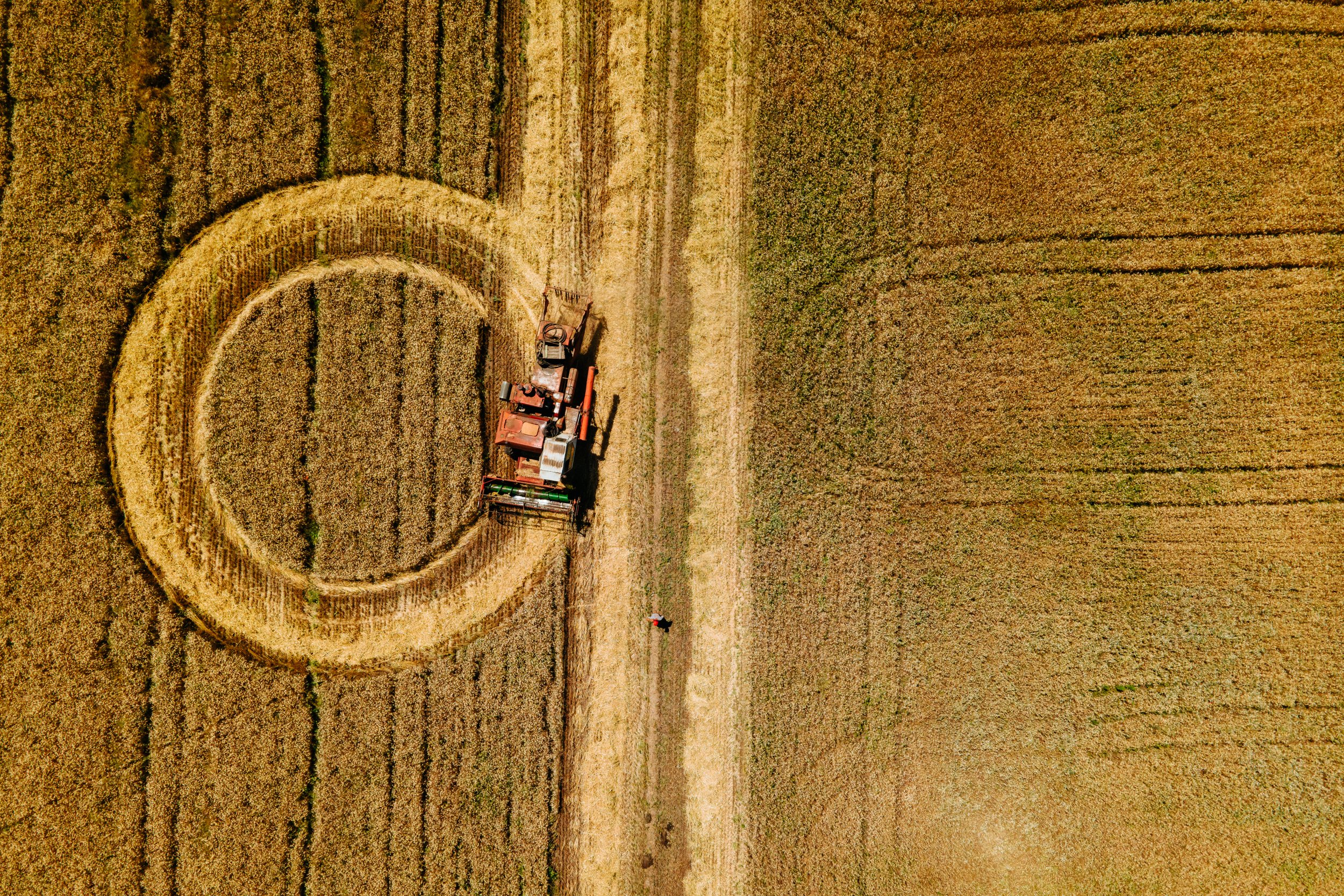
Redefining Circular Agriculture
At S.S.A., we are closing the loop on agricultural production. Our innovative process unlocks the full potential of the black soldier fly, delivering significant benefits in manure management, animal feed production, and sustainable fertilizer development.
Manure Management
Traditional manure management methods, such as lagoons and compost piles, can release significant greenhouse gases, particularly methane (CH₄) and carbon dioxide (CO₂), as waste decomposes. Black soldier fly larvae (BSFL) offer a sustainable alternative by consuming manure before microbial activity generates methane. Research shows that waste processed by BSFL releases significantly less carbon as CO₂ compared to traditional decomposition, with much of the carbon converted into insect biomass rather than gas. Methane emissions, in particular, are nearly eliminated with BSFL treatment. Field applications have demonstrated that BSF-based composting can reduce waste mass by approximately 80% within weeks while producing minimal greenhouse gas emissions. By integrating BSFL into manure management, farms can significantly lower their climate footprint.
Key studies:
Aquaculture
One potential use for black soldier fly larvae (BSFL) is as a sustainable replacement for fishmeal in animal feeds, offering significant environmental benefits. This protein-rich insect meal helps reduce the demand for wild-caught fish, as approximately 20% of the global fish catch is currently used for fishmeal and fish oil—practices that contribute to overfishing and strain marine ecosystems. By using BSFL meal instead, we can ease pressure on ocean fish stocks, allowing them to recover. Insect farming is inherently more sustainable, requiring minimal resources compared to traditional protein sources like fishmeal or soy. BSFL can be grown on waste streams such as food scraps rather than on edible fish or crops, and they require significantly less water and land. Every ton of BSFL meal used in feed represents a ton of fish that doesn’t need to be harvested from the ocean, reducing energy consumption associated with rendering fish into meal. This not only combats overfishing but also lowers the carbon and pollution footprint of aquaculture and livestock feeds—a win-win for both farm and ocean ecosystems.
Key studies:
Animal Feed
Pet Food
The benefits of black soldier fly larvae (BSFL) extend beyond agriculture and into the booming pet food industry as a novel, eco-friendly protein source. Pet food production has a sizable environmental footprint, as it often relies on livestock meats or ocean fish, contributing to land use and overfishing concerns. In fact, pet food is estimated to account for roughly 25–30% of the environmental impact of meat production—a significant share. BSFL provide a sustainable alternative, already being used in dog and cat foods as a replacement for traditional animal protein. Insects are incredibly efficient to farm, requiring very little space and water, and they can be produced year-round in vertical farms. Replacing even a portion of pet food’s meat content with insect protein can help reduce the environmental impact of the pet food supply chain. Additionally, using BSFL in pet food aligns with the principles of a circular economy, repurposing nutrients that might otherwise go to waste rather than relying on freshly harvested resources. Pet owners focused on sustainability are increasingly viewing insect-based pet foods as a greener choice, and the industry is taking note of their lower resource demands. In short, BSFL protein in pet diets helps reduce the overall environmental impact of pet food without sacrificing nutrition—BSF larvae are packed with protein, healthy fats, and essential amino acids—making it a sustainable solution that meets both pet health and environmental goals.
Key studies:
Rejuvenating Soil
Using black soldier fly (BSF) frass as a fertilizer not only supports sustainable agriculture but also actively improves soil health. Rich in organic matter and essential micronutrients, frass enhances soil structure, boosts moisture retention, and nourishes beneficial soil microbes. Over time, this leads to improved soil aeration and aggregation—similar to the benefits of compost—resulting in healthier soils that require less tillage and are more resilient to erosion. Frass is an excellent organic alternative to chemical fertilizers, reducing reliance on synthetic nitrogen fertilizers, which are energy-intensive to produce and contribute to CO₂ and nitrous oxide (N₂O) emissions. Additionally, studies show that soil treated with BSF frass emits significantly less N₂O and CO₂ compared to soil treated with raw manure or synthetic fertilizers. Beyond its role as a natural fertilizer, BSF frass contains chitin from the larvae’s shed exoskeletons, which acts as a bio-stimulant that enhances plant defenses against pests and diseases. Research suggests that frass-amended soil can increase plant resistance to pathogens, potentially reducing the need for chemical pesticides and fungicides. In essence, BSF frass serves as a multifunctional soil enhancer—acting as a fertilizer, a soil conditioner, and an indirect biopesticide—contributing to a more regenerative and sustainable farming system.
Key studies:




